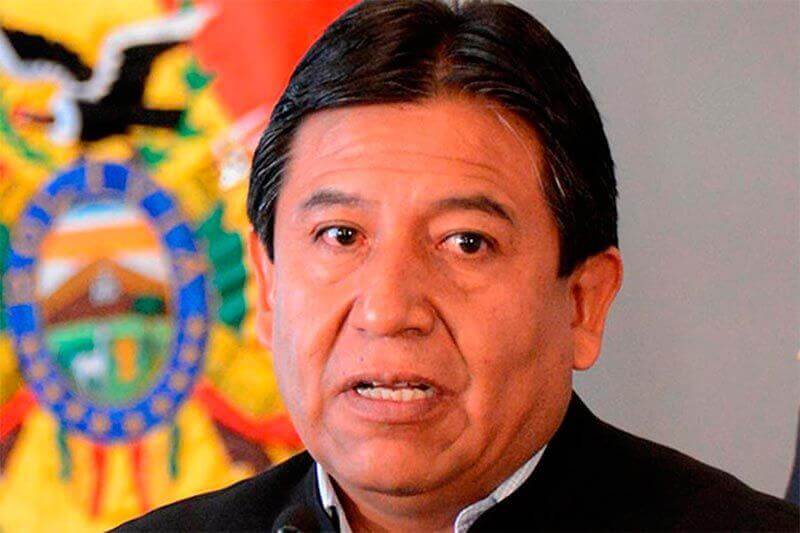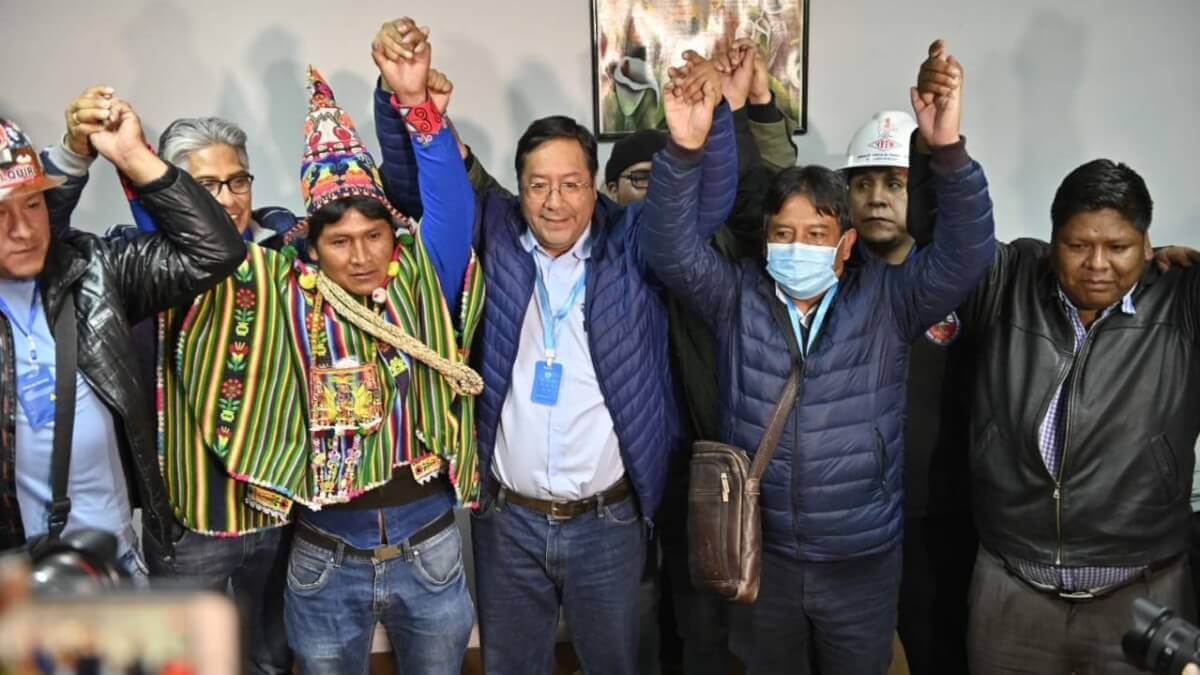The elected presidential candidate of Bolivia by former president Evo Morales, Luis Arce, of the Movimiento Al Socialismo (MAS), based his campaign on the economic boom of the government of Evo Morales (from 2006 to 2019), when he was Minister of Finance, and attributes that achievement of the nationalization of hydrocarbons, in 2006.
A 57-year-old economist, Arce studied at the state-run Universidad Mayor de San Andrés in La Paz and did a master’s degree at the British University of Warwick. He worked 18 years at the Central Bank, where he held various positions, and was Minister of Economy and Finance for most of Morales’ term, with a hiatus of 18 months. He has a more technocratic than political profile.
Arce Catacora was an important part of the so-called “economic miracle” of Bolivia. In the first 10 years of the MAS government and according to official figures, “it reduced almost half of the extreme poverty (from 38% to 17%), increased wealth by 5% annually compared to the 3% average in the region and the country’s debt decreased ”.
Under his management at the head of the Economy, from the 2006 hydrocarbon nationalization, which coincided with an unprecedented boom in oil prices, Bolivia began to grow at an annual rate of 4.9%, and extreme poverty It fell from 38.2% in 2005 to 17.1% in 2018, according to official figures.
The bonanza made it possible to pay bonuses to thousands of pregnant women, school children, and the elderly, and millionaire investments to try to industrialize lithium and natural gas.
“We made appropriate decisions that led our country to lead various economic and social indicators in the region,” says the former minister, who was appointed MAS presidential standard-bearer in January, an honor Morales had always had. With darts at the transitory government of the right-wing Jeanine Áñez, Arce affirms that “the economy is not a game”, a way of bringing water to his mill as he knows the goings-on of the Bolivian economy.
He was born on September 28, 1963, in La Paz into a middle-class family, the son of public school teachers. His parents were teachers. His origin and training are different from those of Morales, who was born into a family of modest peasants and llama herders, worked throughout his childhood, so he went to school for a short time, and his mother tongue is Aymara.
An official biography of the Bolivian Ministry of Finance says that Arce “has given numerous lectures at universities in Europe, North America and Latin America, including Columbia University in New York, Georgetown University, the American University, the University of Pittsburgh. , Harvard University, the University of Chicago and the University of Buenos Aires “.
On October 13, Morales remarked that if the MAS wins in the elections, it will be Luis Arce who governs the country and not him, while defending that whoever was its Minister of Economy for twelve years is the best option to get Bolivia out. of the crisis in which it is plunged.
“By decision of the Bolivians and by mandate of the Constitution, Lucho and only Lucho will be president of Bolivia, with all the powers and responsibilities that this implies,” he stressed, referring to Arce. “I am totally confident that he will know how to form a government team with a great capacity to get Bolivia out of the brief economic and health crisis caused by the de facto government,” he said.
His second, an Aymara

Arce’s running mate, David Choquehuanca, leader of the Confederación Sindical Única de Campesinos de Bolivia and the Movimiento Campesino Indígena, was born on May 7, 1961 in the Aymara community of Cota Cota Baja, in the department of La Paz.
The Bolivian press explains that the Bolivian leader and former Foreign Minister, whose mother tongue was Aymara, learned to speak Spanish at the age of seven. Choquehuanca was Chancellor from 2006 to 2017. From that year on, he assumed the general secretariat of the Bolivarian Alliance for the Peoples of Our America (ALBA).
During his tenure as Foreign Minister, Bolivia filed a lawsuit before the International Court of Justice in The Hague for a sovereign exit to the Pacific Ocean. But the court ruled against the Bolivian claim in 2018 when Choquehuanca had already left office.














